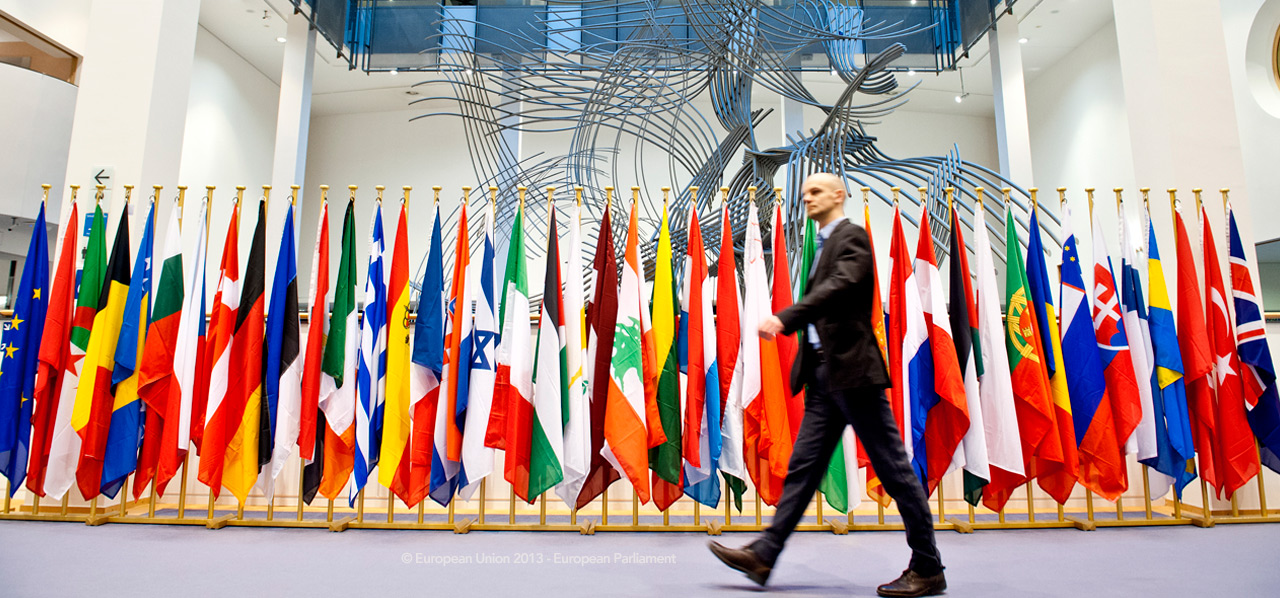The humanitarian crisis in Gaza has reached unprecedented levels, raising urgent questions about international accountability and the enforcement of human rights standards. For years, Israel's blockade of Gaza has severely restricted access to essential supplies, leaving millions of Palestinians in dire conditions. These actions, widely regarded as "collective punishment," are in direct violation of international humanitarian law, specifically Article 33 of the Fourth Geneva Convention.
The Humanitarian Crisis in Gaza
Gaza's situation is often described as the worst humanitarian crisis since the region came under Israeli occupation in 1967. This is not merely a result of conflict but of deliberate policies that restrict access to food, medical supplies, electricity, and clean water. Reports by leading humanitarian organizations, including Oxfam, Amnesty International, and Christian Aid, have painted a grim picture of life in Gaza, where civilians bear the brunt of these measures.
The United Nations has repeatedly condemned Israel's actions. John Holmes, UN Under-Secretary-General for Humanitarian Affairs, labeled the isolation of Gaza as "collective punishment," emphasizing that it violates international law. Similarly, the European Union has criticized the disproportionate use of force and urged Israel to adhere to international legal norms.
The Euro-Med Agreement and Human Rights Violations
Israel enjoys privileged access to European Union markets under the Euro-Mediterranean Association Agreement (Euro-Med Agreement). This access is conditional upon respect for human rights and democratic principles, as outlined in Article 2 of the agreement. Despite overwhelming evidence of human rights violations in Gaza and the West Bank, the agreement remains in effect.
Suspension of the Euro-Med Agreement is not only justified but also necessary. Allowing Israel to benefit from this economic arrangement while disregarding its obligations undermines the credibility of the agreement and the EU’s commitment to human rights. This inconsistency sends a troubling message to the global community: that violations of international law can occur without meaningful consequences.
The Case for Suspension
Suspending the Euro-Med Agreement would send a powerful signal to Israel and the world that human rights are non-negotiable. Israel’s economic relationship with the EU is of significant political and financial value. Even the threat of suspension could compel Israel to reconsider its policies in Gaza, as such measures would directly affect its economic and diplomatic standing.
Past approaches of merely voicing concerns in diplomatic settings have proven ineffective. Concrete actions, such as suspension of trade agreements, are needed to hold violators accountable and incentivize compliance with international standards.
A Global Responsibility
The call to suspend the Euro-Med Agreement is not just a matter of policy—it is a moral imperative. Governments, international organizations, and civil society must unite to demand accountability for actions that perpetuate suffering and violate human rights. Upholding the principles enshrined in international agreements like the Fourth Geneva Convention requires bold leadership and a commitment to justice.
What Can Be Done?
- Diplomatic Action: Governments and international bodies should advocate for the suspension of the Euro-Med Agreement until Israel demonstrates compliance with international humanitarian law.
- Economic Pressure: Businesses and consumers can support economic sanctions against companies complicit in violations of human rights in the region.
- Global Advocacy: Civil society organizations and individuals must amplify the voices of those affected by the crisis and push for meaningful action through protests, campaigns, and lobbying efforts.
The Path Forward
The humanitarian crisis in Gaza demands more than words—it requires decisive action. Suspending the Euro-Med Agreement is not an end in itself but a step toward ensuring accountability and promoting a just resolution for the Palestinian people. The international community must rise to the occasion, prioritizing human rights over political expediency.
The people of Gaza cannot wait. The time for global action is now.


